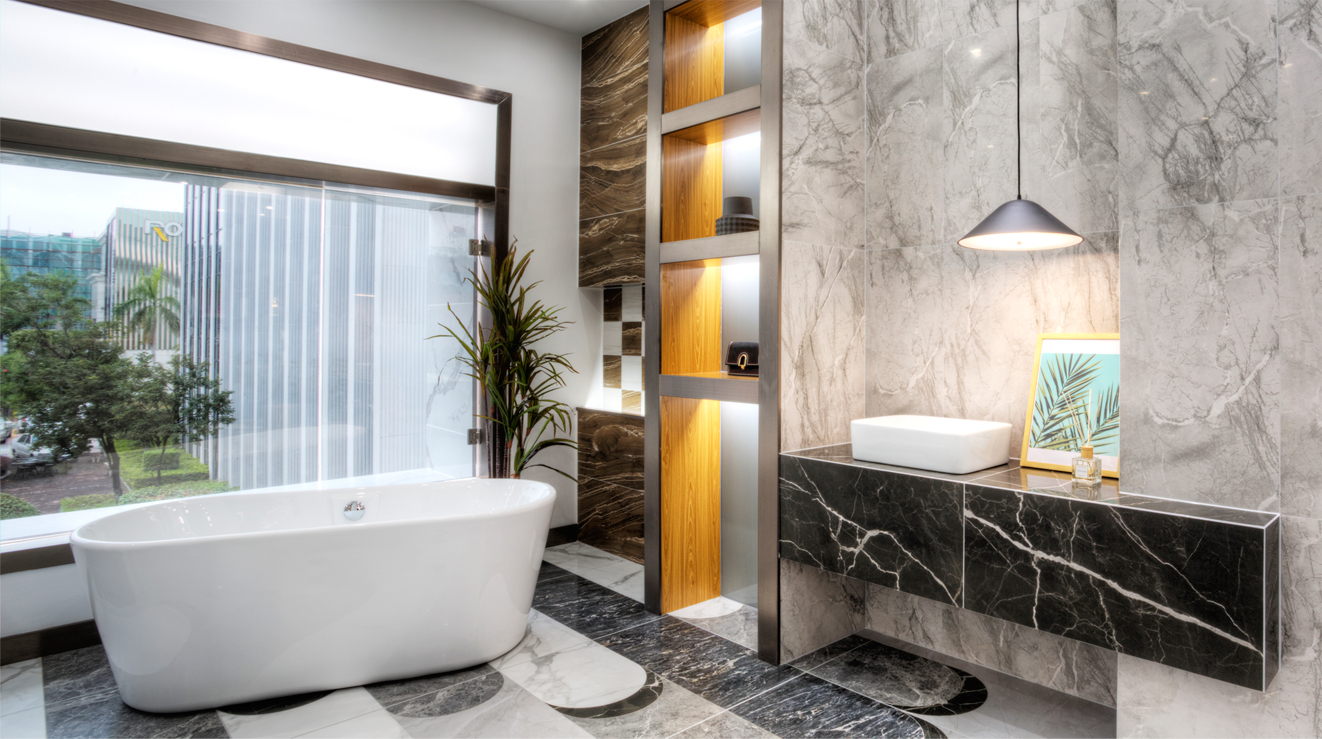Air source heat pump is a hot water supply equipment based on thermodynamic principles, which can utilize the energy in the air to provide hot water. In the central air conditioning system of hotels, air source heat pumps have many advantages.
High energy efficiency: Air source heat pumps utilize the heat energy in the ambient air for heat exchange, and have higher energy efficiency compared to traditional gas or electric heating methods. It provides cooling effect by compressing the refrigerant, which can transfer indoor heat to the outdoors in cooling mode, achieving air conditioning effect; In heating mode, it can absorb heat from the outdoor air and transfer it to the indoor environment, providing a heating effect. Due to the utilization of thermal energy in the environment, air source heat pumps can meet the cooling and heating needs of hotels with lower energy consumption, thereby reducing energy consumption and operating costs.
Environmental protection and energy conservation: Compared to traditional gas or electric heating methods, air source heat pump systems have lower carbon emissions and environmental impact. It does not require burning fuel to generate heat energy, nor does it generate pollutants such as exhaust gas, wastewater, and smoke, thus reducing pollution to air and water resources.
Flexibility and scalability: Air source heat pump systems are more flexible in installation and operation. Compared with the geothermal heat pump system, the air source heat pump does not need underground pipes, which saves construction costs and space constraints. Hotels can choose to install multiple heat pump units according to specific needs, achieving modular design and system scalability, better adapting to hotel buildings of different scales and needs.

Year-round availability: The air source heat pump system is not limited by seasons and can provide stable cooling and heating effects throughout the year. It can adapt to work under different climatic conditions, whether it is in cold winter or hot summer, and can operate normally, and still provide reliable heating effects in low-temperature environments. This enables the hotel to maintain a comfortable living environment at all times.
Low installation and maintenance costs: Compared to other heating methods, the installation and maintenance costs of air source heat pump systems are lower. Due to the absence of underground pipelines and gas pipelines, the complexity and cost of construction projects are reduced. At the same time, the operation and maintenance of heat pumps are relatively simple, usually requiring only regular cleaning and inspection, reducing the workload and cost of operation and maintenance.
High flexibility in operation and control: The air source heat pump system can be flexibly operated and controlled according to actual needs. By adjusting the flow and pressure of the refrigerant, precise temperature control can be achieved to meet the needs of different rooms or areas. In addition, modern air source heat pump systems are usually equipped with automated control systems that can intelligently adjust and optimize according to indoor and outdoor temperature, humidity, and energy consumption needs, improving energy utilization efficiency.
High space utilization: The air source heat pump system does not require additional equipment and space, only needs to be installed in a suitable location in the building. This can save indoor space and make the layout of the hotel more flexible and efficient.
Adaptability of renewable energy: Air source heat pump systems can be combined with renewable energy technologies, such as solar hot water systems or photovoltaic power generation systems. By networking with these systems, air source heat pumps can utilize renewable energy to provide thermal energy, further reducing reliance on traditional energy and achieving more sustainable and environmentally friendly operation.
The central air conditioning system of the hotel adopts air source heat pumps, which have advantages such as high energy efficiency, environmental protection and energy conservation, strong flexibility and scalability, year-round availability, low installation and maintenance costs, high operational control flexibility, high space utilization rate, and adaptability to renewable energy. These advantages make air source heat pumps a feasible and sustainable choice for hotel air conditioning systems.







Comment